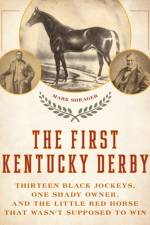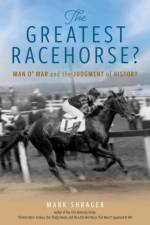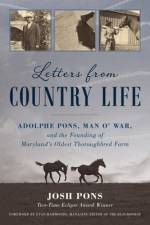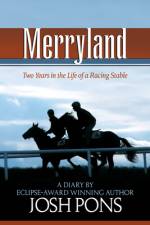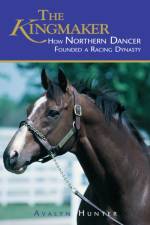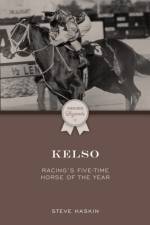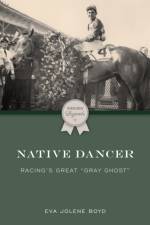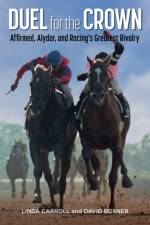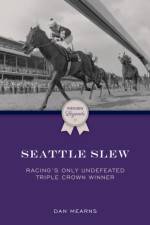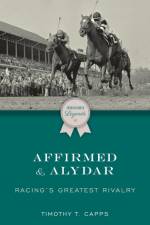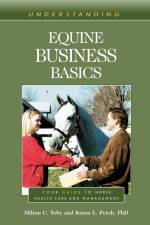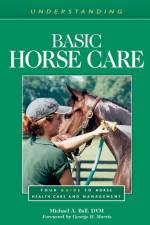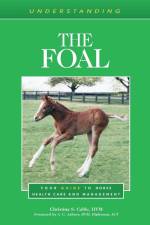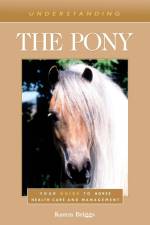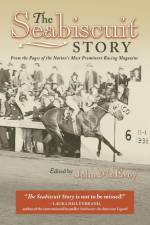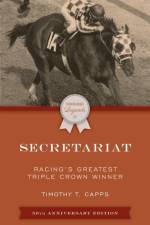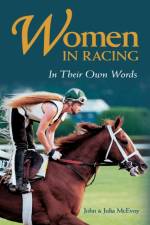av Mark Shrager
291
"Of all the great horses which have thundered over the American Turf, one towers above the others." When Kent Hollingsworth, editor of the preeminent racing periodical The Blood-Horse, penned this line, he was writing about Man o' War. The champion of 1919 and 1920, Man o' War won twenty of his twenty-one races, often by astonishing margins and in record times that had hitherto been considered impossible.There was an otherworldliness about Man o' War, who was faster, stronger, more dominating than any Thoroughbred America had ever seen. Generations of racing writers, racing fans, and racegoers have taken it as a given that Man o' War was the greatest horse ever produced in America. And perhaps he was. But like any athlete with a claim on greatness, his accomplishments should be judged against those of other horses born and raced over the decades. In no other sporting endeavor would it be suggested that an athlete who excelled during the Woodrow Wilson administration, at the time of Prohibition, at the conclusion of the First World War, remained the standard for unexcelled excellence in that sport's history. Since Man o' War's heyday, literally hundreds of thousands of Thoroughbreds have competed. Surely, over the course of a century, at least one must have been even faster, even stronger, even more accomplished. The Greatest Racehorse sets out to compare Man o' War to some of history's most notable racehorses and determine whether the champion of a century ago retains the title as America's best.But Man o' War had more importance for the sport than his physical excellence. Interest in Thoroughbred racing had lagged as the sport sought to overcome the era's organized anti-gambling forces, as well as the economic impact of a world war and the spreading taint of the 1919 World Series gambling scandal. It is specifically with Man o' War's two years on the racetrack that the sport begins to recover, and it may not be an exaggeration to suggest that he was, in fact, the savior of his sport-and perhaps of the Thoroughbred breeding industry-which provides more than 60,000 jobs in Kentucky alone, with an economic impact of more than $1.3 billion dollars in a single Kentucky county. The Greatest Racehorse also analyzes Man o' War's relative greatness, emphasizing both his racetrack accomplishments and his place in history as the savior of a multi-billion-dollar sport, in order to answer the question: Was Man O' War, indeed, the most outstanding racehorse in American history?

